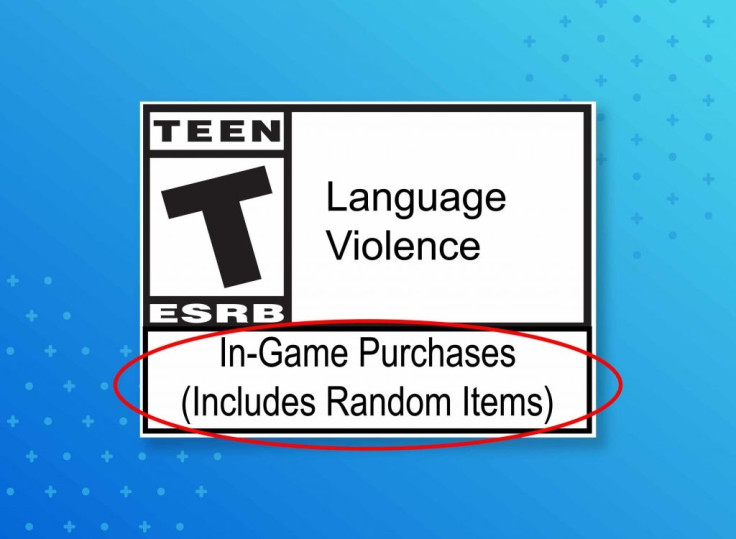The Entertainment Software Ratings Board, also known as ESRB, will finally label games on whether they contain randomized micro-transactions like those found in loot boxes. The ESRB first started labeling games with an ‘In-Game Purchases’ label back in February 2018 after the Battlefront 2 loot box controversy. However, the label was inefficient as it categorized every in-game purchase as one. So everything from massive expansion packs to anti-consumer loot boxes were all treated the same and guaranteed the ‘In-Game Purchases’ label.
The reason for that decision given by the ESRB was that they want the labels to be "clear, concise, and make it easy for (parents)". The label needs to tell the parents whether more money could be spent on the same game after purchasing it. The ESRB also claimed that most of the parents don’t know what loot boxes are. Many game enthusiasts thought that the label was not doing enough, as it treated Battlefront 2 loot boxes as equal to the massive expansions of The Witcher 3.
The ESRB has now decided to update their previous label. The new label will have an ‘Includes Random Items’ label if the game offers loot boxes and other ways to buy randomized rewards with money. This one seems more efficient than the previous rating system. The ESRB also stated that the label would be updated if the game added purchasable randomized items after launch. So, that cheeky trick of launching the game clean and then adding loot boxes after a couple of months won’t work anymore. Well, at least not to the same extent (looking at you Call of Duty WW2).
Many publishers are slowly distancing themselves from randomized items. Activision, EA, and Ubisoft have adopted a tier-based system called Battle Pass which offers content as you play the game. The items are not randomized and players can see what they will unlock beforehand. This Battle Pass system has also proved to be more financially beneficial.
"We want to avoid confusing consumers who may not be familiar with what a loot box is. Recent research shows that less than a third of parents have both heard of a loot box and know what it is," The ESRB explained. " 'Loot box' is a widely understood phrase in and around the videogame industry and among dedicated gamers, but most people less familiar with games do not understand it. While this new label is primarily in response to feedback from game enthusiasts, it is still essential that all consumers, especially parents, have a clear understanding of the rating information we provide."
So what do you think? Are you satisfied with the ESRB rating? Do you think they should do more? Let us know your thoughts in the comments section below.

















